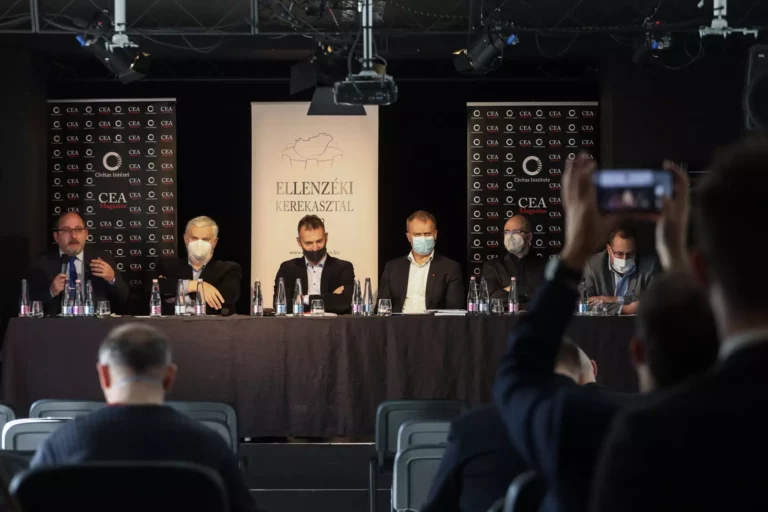Jobbik
MEP Gyöngyösi comments on the CJEU’s ruling

EU court ruling against PM Orbán’s “toxic populist brand”?

MEP Gyöngyösi: Pegasus affair reloaded

Opposition pledges to curb public debt, inflation, corruption

Hungarian Christian Democrats: Europe should be closer to its citizens

Jobbik MEP Gyöngyösi: This is how the illiberal party family failed to be formed again

PM Orbán Putin’s Trojan horse in Europe?

If the opposition wins, Hungary will have euro by 2027 – UPDATED

MEP Gyöngyösi: Does Orbán have a Trojan horse in the Commission?

MEP Gyöngyösi: The stakes of the French presidency, i.e., can a sovereign community be fragmented?
Beginning this month, the French EU presidency features quite a few significant and relevant items on its list of priorities;...
Opposition parties call for ‘safeguards for cultural freedom’

Minister did not exclude a prime ministerial debate ahead of the elections

Opposition party claims Russia shapes Hungarian foreign policy

Jobbik MEP Gyöngyösi: Kazakhstan returning to the Russian sphere of interest?
Remarks of Jobbik MEP Gyöngyösi At present, it’s quite difficult to clearly identify the motives behind the increasingly inflamed protests...
This is how the opposition wants to defeat Orbán

Appeal by MEPs Ara-Kovács and Gyöngyösi to the Hungarian and Central European intelligentsia

Opposition parties promises wage hikes for Hungarian teachers
Opposition parties on Thursday promised to implement a one-time large-scale wage hike and wage supplements for teachers should the opposition...
Opposition pledges to cut incredibly long healthcare waiting lists





 ZH
ZH IT
IT DE
DE HR
HR NL
NL FR
FR JA
JA RO
RO RU
RU ES
ES TR
TR
